Me Against Me - How to increase your self-esteem!
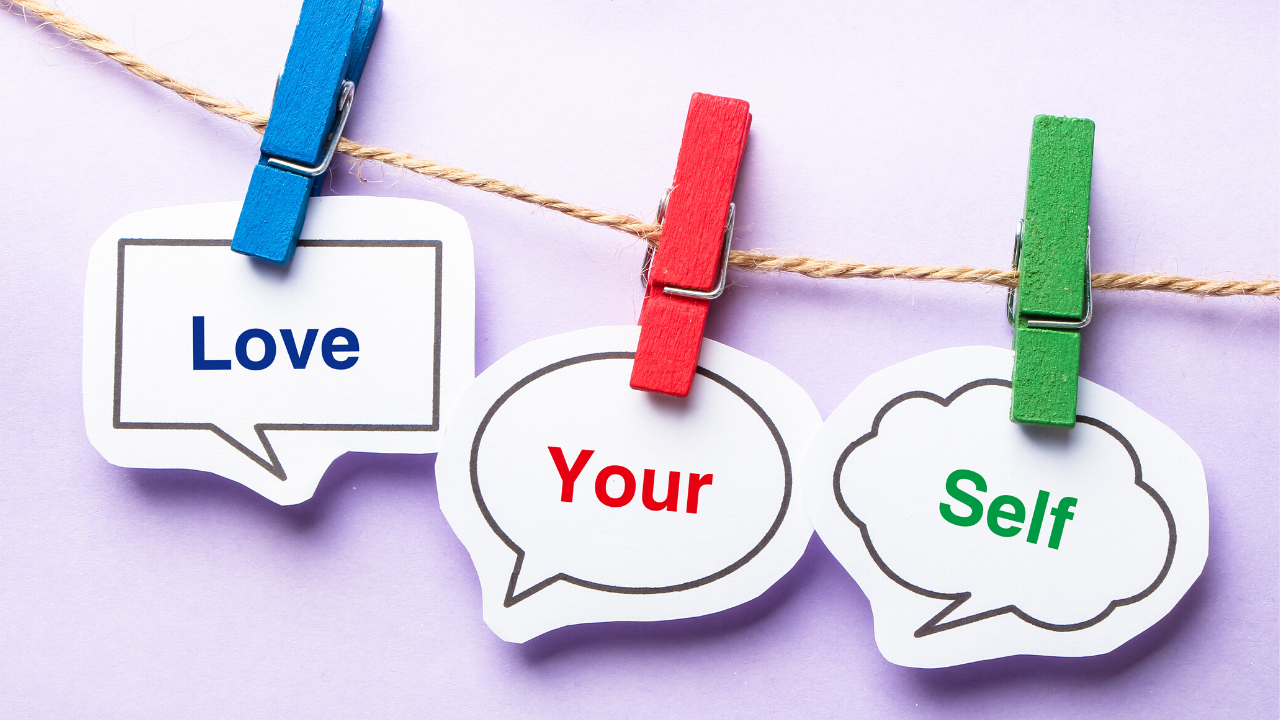
I was taking a new exercise class yesterday and I knew it was going to be a big stretch for me. Many intimidating pieces of exercise equipment were glaring at me. Large weights, steps stacked high, and huge ropes.
I looked around to assess all the other class members and I was sure they were all much stronger, thinner, more experienced. As I continued to make-up these stories in my head my fear grew and I doubted my ability. I often tell my clients when they are in fear-based thinking, “you are making up a story about the future so you might as well make up a good story.” I decided to take my own brilliant advice and congratulated myself on showing up for the class and decided to challenge myself. I made a decision to ‘compare me to me’ instead of comparing myself to the others in the room. To compare is to despair and only leads to unhappiness. The demands we put on ourselves for perfection is disheartening.
When it felt like it was getting difficult,I tried to stay present one ...
The Gifts of Sobriety - What I Didn't Know About Recovery Before I Got Sober

The Gifts of Sobriety
What I Didn't Know About Recovery Before I Got Sober
While I was still drinking I had no idea what it would be like to be sober. In the brief moments I contemplated not drinking, I thought all the fun would stop and I'd be sentenced to a life of misery without alcohol. My delusional thinking told me everything was just fine when in reality, I had a lot of shame about my behaviors while under the influence of alcohol. No one told me how incredible life in recovery would be.
Here are just a few of the many gifts of sobriety I didn't know which were waiting for me in recovery.
- I’d have so much fun AND remember it!
- Everything can be healed.
- Relationships with my kids would be tender and real.
- I’d be given a peace I’d never known.
- I’d learned to ask for help.
- I would never have to be alone.
- I’d have a solution to all my fears.
- I’d find a God of my understanding.
- I’d meet the most amazing friends.
- I’d learned to forgive others and myself.
- I’d find my ...
Kick Guilt to the Gutter for Moms in Recovery - 3 Proven Tips that Work!

Guilt: The gift that keeps on giving.
Erma Bombeck
Guilt is the constant companion of the alcoholic or addict, maybe even more so for a mom. Every mother feels guilt about her parenting from time to time. That’s doubly true for women who have created drama and caused distress for their children by drinking or using—possibly inflicting psychological damage. Here’s one story from my past that still makes me cringe.
Due to my drinking, I was separated from my husband but was still living in my beautiful Northern California home with my three children, ages two, five, and eight. I was the top salesperson in my company and still getting promoted. I had the perfect job for a drunk, taking clients to lunch and dinner, with lots of drinks on the company dime. Things looked good on the outside but they were rotten within.
I promised myself I was only going out for two drinks. I told the eleven-year-old babysitter I’d be home in a couple of hours—no later than nine. I walked out the door on...
Compassion in Recovery: Perspectives to Keep in Mind
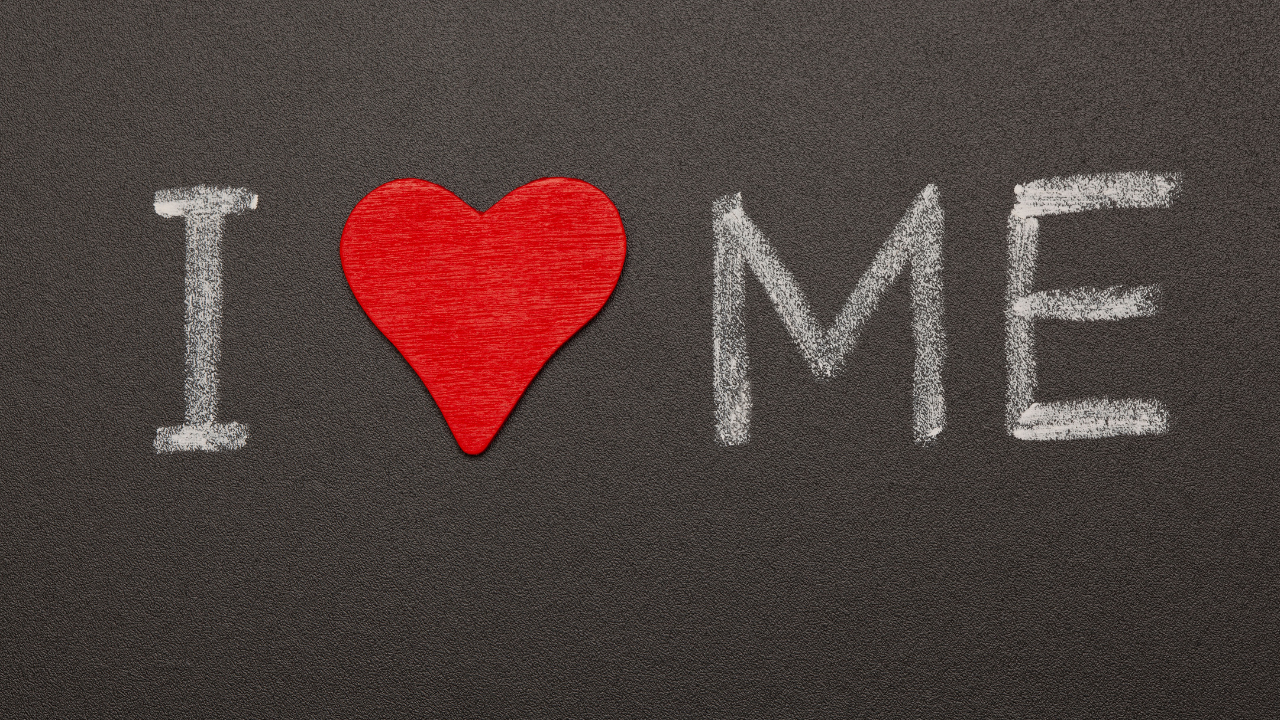
Compassion in Recovery: Perspectives to Keep in Mind
by
RUTA STERNBERGS, Ed. D., Psy. D., CADC-II
What is compassion in recovery?
The dictionary defines compassion as the “sympathetic pity and concern for the sufferings or misfortunes of others.” In recovery, it is the extension of that same empathy and concern towards oneself, which means treating oneself with the same level of kindness and respect that one would show others in their time of need. As individuals come out of their drug and alcohol addiction and realize the full impact of their past mistakes, it’s tempting for them to feel guilt and shame for the harm they have caused others while they were addicted. Compassion in recovery, a vital skill that people learn in dual diagnosis treatment, helps promote healing by removing obstacles of shame and guilt that often cripple an individual’s progress to full recovery.
Where does self-compassion come from if you’ve never had it in the first place?
Many who enter the dark wor...
Releasing the Chains that Bind You - The Journey from Resentment to Forgiveness

Releasing the Chains that Bind You
The Journey from Resentment to Forgiveness
Forgiveness is the greatest gift you can give yourself- Maya Angelou
For the addict and alcoholic, resentment is one of the biggest offenders which can lead the addict and the alcoholic straight to the drink or drug. Instead of processing the anger healthily, the alcoholic drinks at the person with whom they are angry. Resentment is like drinking poison and expecting the person you are mad at to die.
Forgiveness does not excuse the behavior of someone who may have harmed or hurt you. Forgiving is really about our own well- being and peace of mind. Forgiveness means you have decided to free the other person and yourself from the prison of resentment. I once heard someone say, “When you choose to forgive those who have hurt you, you take their power away.” In deciding to forgive, we are throwing away the keys to the ball and chain that we have been dragging around behind...
Mastering the Art of Positive Thinking
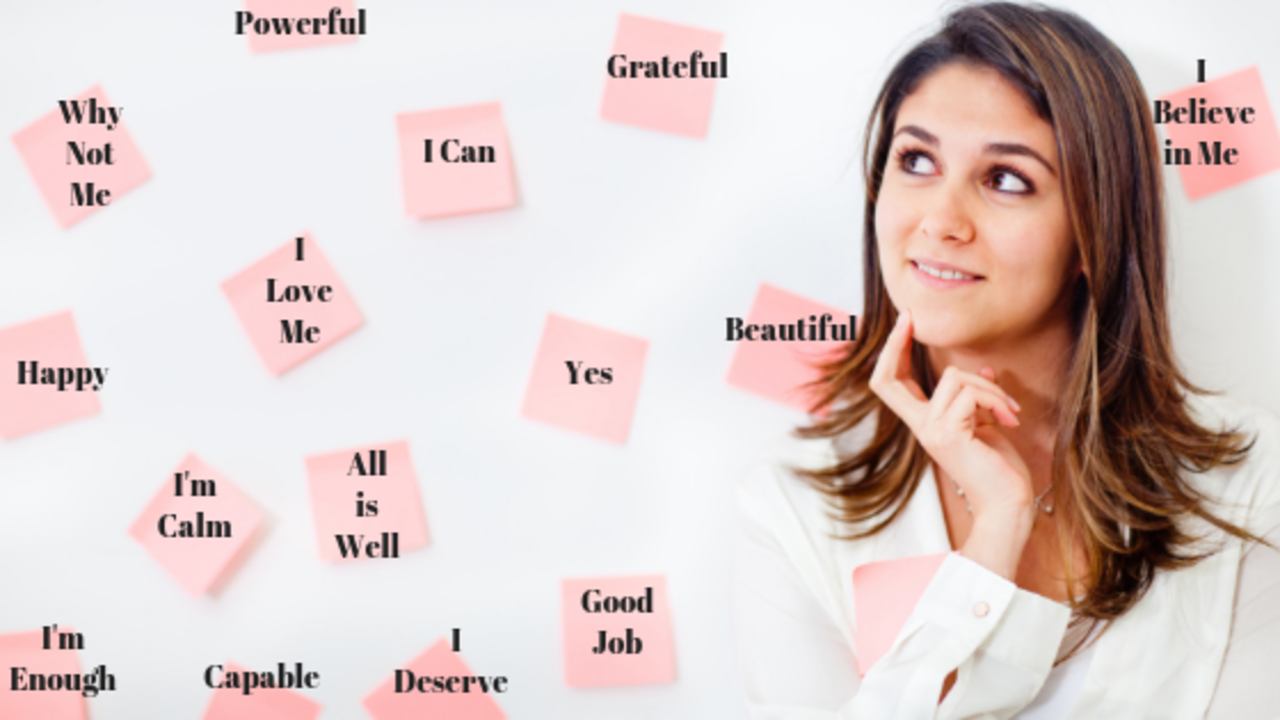
Our mind is one of the most powerful tools we have been given, and its power is often underestimated and misused. As humans, we can use our brains for good or for evil. Being conscious of our thoughts and choosing a positive perspective is where mastering the art of positive thinking begins.
My favorite story which demonstrates how our perspective plays a vital key in our happiness is about two five-year-old twin boys whose parents took to see a psychiatrist. The boys were polar opposites. The psychiatrist took one boy into to a room piled high with new toys, expecting the boy to be thrilled. But instead, he burst into tears.
Puzzled, the psychiatrist asked, "Don't you want to play with these toys?”
"Yes,” the little boy bawled, "but if I did I'd only break them.”
Next the psychiatrist the put the other boy into a room piled high with horse manure. The boy yelped with delight, clambered to the top of the pile, and joyfully dug out scoop after scoop, tossing the manure into the air ...
Avoiding Triggers and Relapse During the Holidays for Sober Moms

Recovering from an addiction is tough enough, but when you throw in the tremendous responsibilities of motherhood, resisting cravings and remaining abstinent—much less enjoying the rewards of the holidays—can seem like an impossible challenge.
The holidays can bring up many uncomfortable feelings of stress, loneliness, financial fear and overwhelm which can often trigger a relapse. For the alcoholic or addicted mom trying to get sober or stay sober, it’s vital we know what our triggers are and step-up our recovery plan to avoid a relapse. I heard someone once say, “we are either working on our recovery or working on a relapse.”
Once we know what our danger signs are, we can watch out for them. So when we identify the triggers, we can see them as highw...
Intuition . . . Finding Your Answers Within
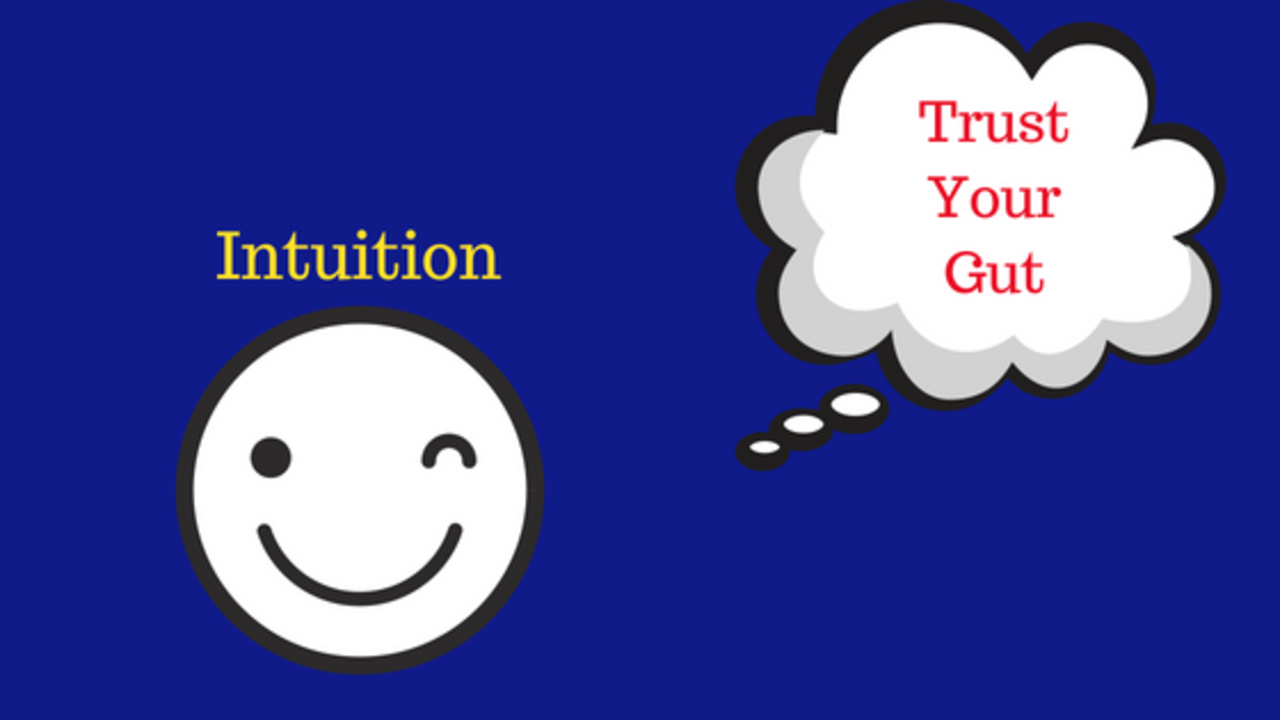
Intuition
Finding Your Answers Within
Never apologize for trusting your intuition. Your brain can play tricks,
your heart can blind, but your gut is always right.
Rachel Wolchin
Some call intuition an inner guide, gut feeling, internal authority. Wikipedia defines the word intuition as ‘a phenomenon of the mind, describes the ability to acquire knowledge without inference or the use of reason.’
For me, intuition is like coming home and listening to that small voice within.
As children, most of us had a strong sense of intuition, yet we seem to lose it as we get older. Most children have a strong feeling of people who feel safe and situations which don’t feel right. We stop listening to our inner voice because we begin to reason with it, argue with it, and our rational linear minds want concrete proof.
In recovery, it seemed as though my intuition started to wake back up after the fog began to clear in my mind. There was a small faint voice inside me and nudges mainly trying to...
It's Not All About Sex - 3 Secrets to Building True Intimacy

Fear is the great enemy of intimacy. Fear makes us run away from each other or
cling to each other but does not create true intimacy.
Henri Nouwen
Intimacy is one of the greatest human needs — those longing for someone to truly deeply know and accept us for who we truly are. We all have a primal human desire to connect with another person on a deep spiritual and emotional level, a yearning to be known and understood. We want to know we matter, that our presence on this planet has a purpose.
Before I got sober, I had the false expectation that this yearning for intimacy was fulfilled through having sex. As my friend Diane said, “We go to bed with a man, and the next morning he’s planning golf while we’re shopping for the wedding dress.”
Another fallacy I believed was that if I had a man in my life, it would mean I did matter; I would never feel afraid, lost, or unsettled. I knew nothing about healthy emotional closeness. I was afraid that if a man really knew me, he wouldn’t accept...
LOVE ADDICTION – A MOTHER REVEALS HER SHOCKING STORY
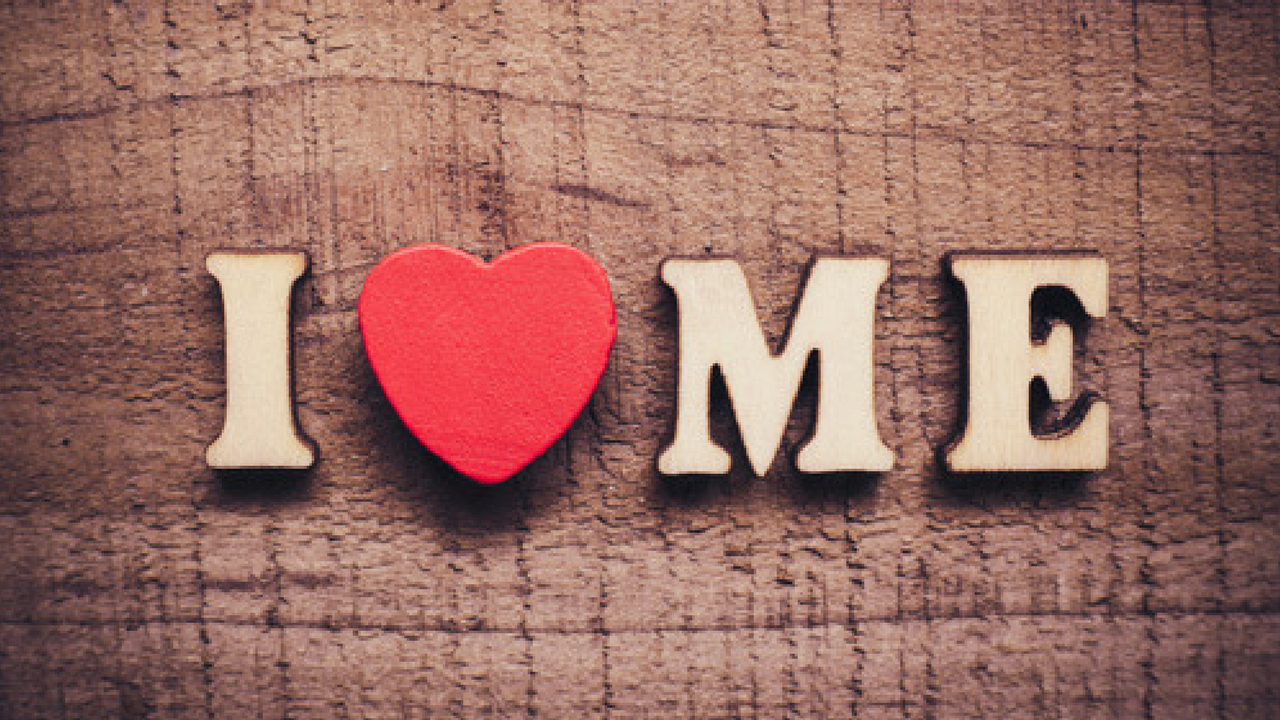
LOVE ADDICTION – A MOTHER REVEALS HER SHOCKING STORY
My fear of abandonment is exceeded only by my terror of intimacy.
Ethlie Ann Vare
When I got sober in 1999 – I put down the alcohol and picked up another addiction – Men!
I was a serial dater. I don’t know how many men I dated nor do I remember many of their names. I would spot a man, beeline to him, flirt up a storm, and if he gave me even the slightest bit of attention I was hooked. The shelf lives of these relationships were one to three months. One day I’d be saying, “I love you,” and the next day, out of the blue, I was saying goodbye. I was going from man to man with an empty, bottomless cup, begging for love and attention. It was never enough because I didn’t feel enough.
What makes me cringe the most is how my serial dating affected my children. They witnessed the revolving door. I’d spend hours on the phone with the man of the moment. My five-year-old son would try to pull me away from the phone, and I’d tell him to w...



